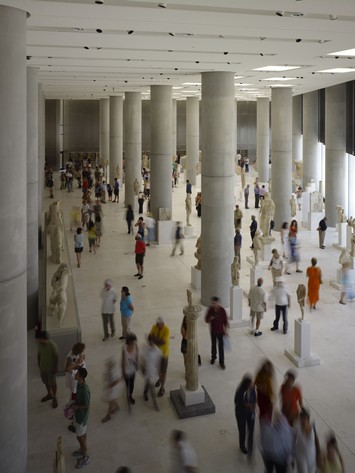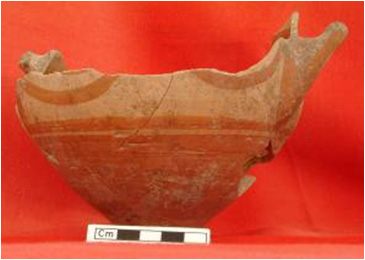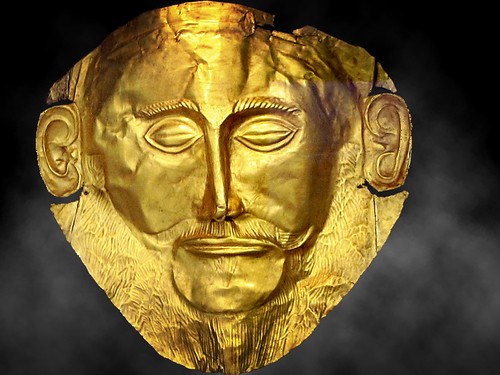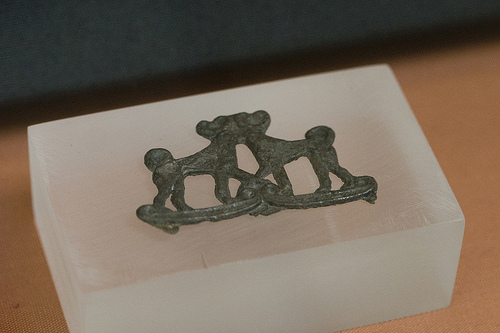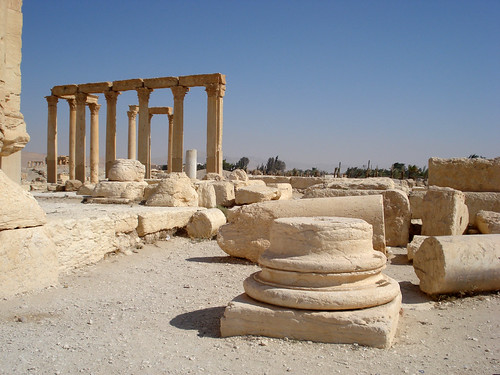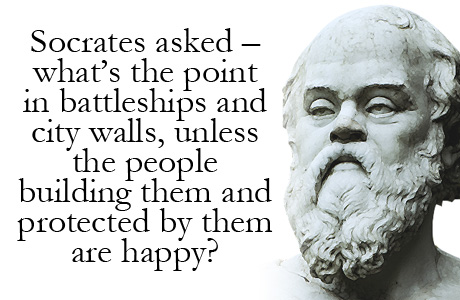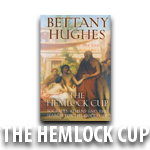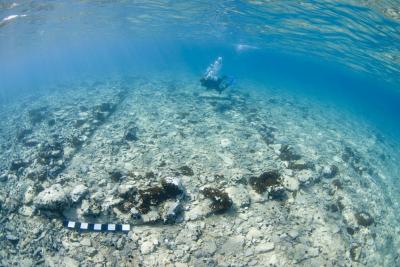The New Acropolis Museum is arguably the most high-profile building to go up this decade (since we in New York are still peering into a big hole in the ground that is supposed to produce a new World Trade Centre). Essentially a smack in the face of the British Museum’s argument that Athens has no suitable venue in which to house the Elgin Marbles, it’s also the most controversial. I spoke to Bernard Tschumi, the outspoken architect who designed this extraordinary building. Replacing the smaller old Acropolis Museum, the purpose-built new museum ensures that architectural treasures too delicate to be…
-
-
Recent archaeological work at the site of Tell Tayinat in southeast Turkey, near the Syrian border, indicates that the ancient city was the centre of a Dark Age kingdom, ruled by people from the Aegean area. In an in-depth interview Professor Timothy Harrison, of the University of Toronto, told Heritage Key about this startling theory and the evidence that supports it. Around 1200 BC life changed suddenly throughout the Mediterranean world. The Mycenaean civilization in Greece and Crete, the Egyptian New Kingdom and the Hittite Empire, all collapsed at roughly the same time. It’s not until 900 BC that archaeologists…
-
Tucked away on an unremarkable street in central London is a chunk of oolite rock known as the London Stone. Said to date back to the founding of Roman London, the Stone is one of Britain’s most enigmatic and overlooked monuments. A proverb states that “so long as the stone of Brutus is safe, so long shall London flourish”. Like the ravens of the Tower of London, the Stone’s fate is tied to that of the city. Historical sources from medieval times reference the Stone and its importance to Londoners, yet few people today have ever heard of it. Overlooked…
-
A date has now been set for the return of some of the Vindolanda Tablets to the museum at Vindolanda in Northumberland, following an announcement this week that the UK’s Heritage Lottery Fund is to donate £4 million towards the costs. The date now set for some of the tablets to be housed at the Vindolanda museum is spring 2011 – they will come on loan from the British Museum for a period of five years, after which the loan can be renewed. The tablets – a collection of 1,600 documents etched on thin wooden boards – represent the earliest…
-
Key Dates 1500 BC The Mask of Agamemnon is an artifact discovered at Mycenae. The mask is one of ten discovered in the shaft graves at Mycenae, three in Grave V and two in Grave V. It is now housed in the National Archaeological Museum in Athens. Key People The mask was discovered in 1876 by Heinrich Schliemann a German archaeologist, an advocate of the historical reality of places mentioned in the works of Homer, and an important excavator of Troy and of the Mycenaean sites Mycenae and Tiryns. Schliemann believed that he had discovered the body of the legendary…
-
With Bettany Hughes’ documentary ‘Atlantis: The Evidence’ set to première on BBC Two, what better way to prepare than to explore the Aegean Bronze Age treasures of the British Museum? If the Minoan civilisation was indeed home to the Atlantis legend, what better way to get to know the Atlanteans than through what they left behind? And, lets face it, visiting London’s most famous museum is far easier than getting a permit to dig beneath the sphinx. 😉 Though not that many items excavated by Arthur Evans can be found at the British Museum – I probably should have visited the…
-
Archaeologist and historian Ross Burns knows Syria better than most, having lived there (and in Lebanon) for many years. He is the author of The Monuments of Syria: A Guide and Damascus: A History. Ross, who is currently preparing a doctorate on the archaeology of the Roman provinces of the Eastern Empire, has lectured at a range of institutions in Australia. He also leads study tours to Syria and Jordan for British and Australian travel companies. He explains why narrowing Syria’s ancient treasures down to a top 10 proves such a challenge: It’s not difficult to guess which of the…
-
We think the way we do because Socrates thought the way he did, writes Bettany Hughes at the start of The Hemlock Cup, her brand new biography of ancient Greeces greatest philosopher. Two-and-a-half millennia of history might separate us from the age when Socrates roamed the streets of ancient Athens, formulating and articulating his philosophies to the people. But many of his words and ideas ring just as true in the 21st century as they did back then. (For a run-down of ten great Socrates quotes to reflect upon, check out Owen’s blog here). From his beliefs on philosophical ethics…
-
In 399 BC the Greek philosopher Socrates, by then around the age of 70, was executed in his home state of Athens. He was prosecuted for the rather dubious crimes of “not acknowledging the gods the city acknowledges” and “subverting the youth of the city”. His case was brought to court and prosecuted by a man named Meletus Meletou. After a one day long trial (the norm back then) he was found guilty by a jury of 501 peers – and sentenced to death. Modern day historians suspect that this trial was politically motivated. Indeed Socrates is said to have referred…
-
Discovered over 40 years ago just off the coast of Greece, Pavlopetri is the oldest submerged city in the world and the only sunken city in Greece that predates the writing of Plato’s Atlantis myth. Now, for ‘Pavlopetri, The City Beneath the Waves’, BBC Two is to follow the team of experts excavating the submerged site. “The future of archaeology is under the water and we are now armed with the technology to unlock the countless fascinating secrets the sea is yet to yield up to us, says BBCTwo’s Janice Hadlow. The documentary is planned to air next year, and…

